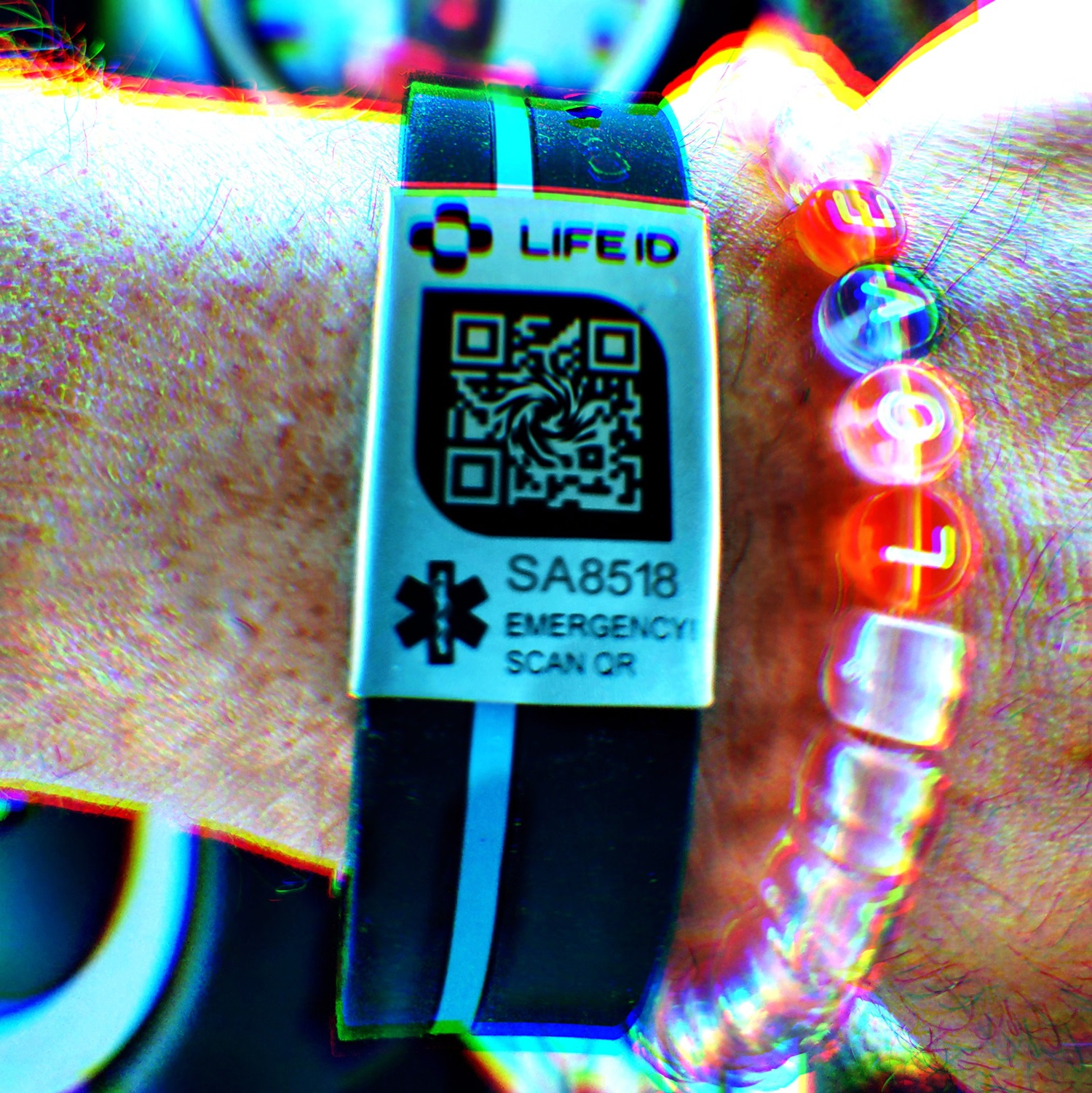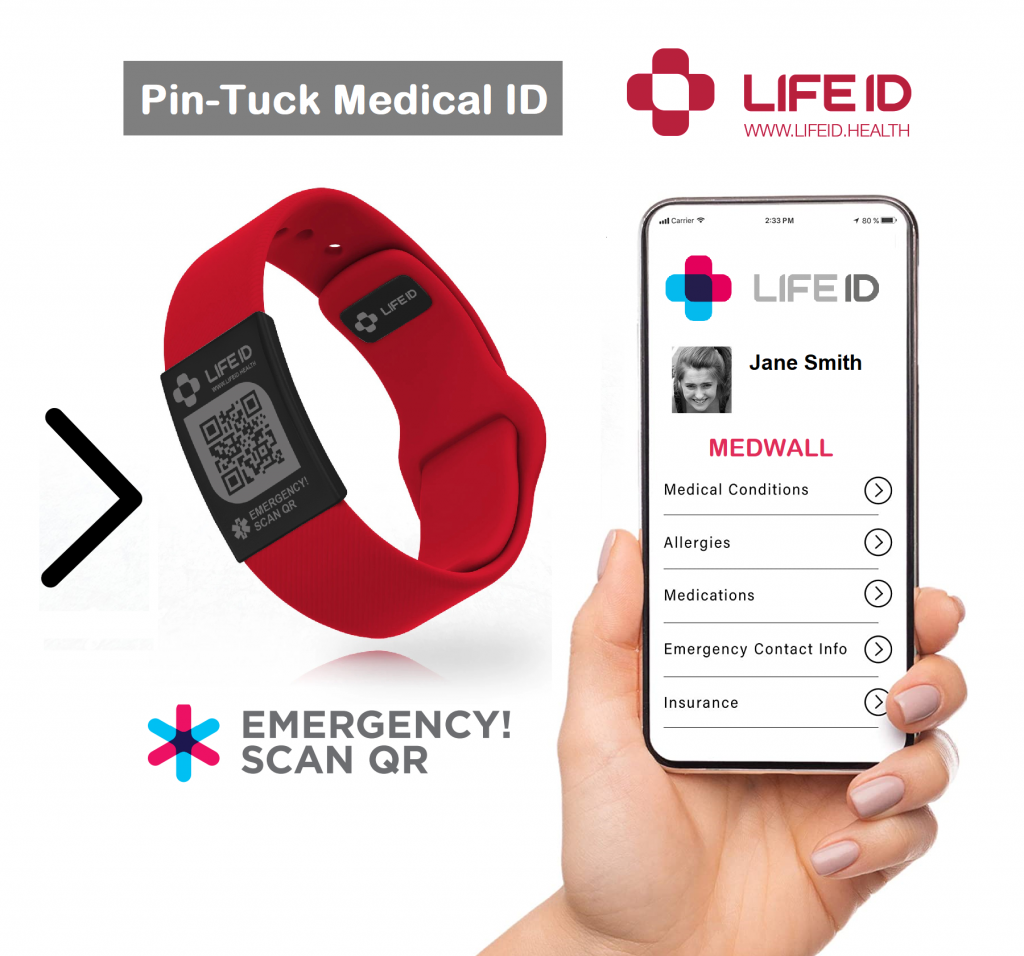
Myths vs. facts about mental health
There are several commonly held misconceptions about mental health. Here are some examples:
| Myth | Fact |
| A person with a mental health condition has low intelligence. | Mental health disorders can affect anybody regardless of intelligence, income, or social status. |
| Teenagers do not have mental health issues. They have changes in their mood due to their fluctuating hormones. | While teenagers may often have mood changes, it does not mean they do not have mental health conditions. Half of all mental health conditions begin by the age of 14. |
| People with mental health conditions are dangerous, violent, and unpredictable. | Crimes committed by people with serious mental health disorders make up only 5% of all violent crimes. |
| Psychiatric medications are harmful. | Mental health conditions, like other health conditions, are real. A healthcare professional may prescribe medication to help people manage their symptoms and day-to-day life. |
| People with bipolar disorder are moody. | Bipolar disorder cycles can last from weeks to months and do not change quickly. However, changes in a person’s state of emotion may happen quickly. |
| A person with a mental health condition is weak. Such conditions would not affect strong people. | Having a mental health condition is not related to choice or willpower. Anyone can have a mental health condition. |
| Bad parenting causes adolescents to have mental health conditions. | Many adverse experiences and factors may influence a person’s mental health and well-being. Relationships with parents and guardians are just one factor. A person living in a supportive, loving home can experience similar mental health disorders to someone living in a home with caregivers who need support to provide a safe environment. |
| People with mental health needs cannot keep and perform well in a job. | People with mental health conditions can perform well at work , especially in a workplace that supports and promotes mental well-being. |
Read more about mental health myths.
Suicide prevention
If you know someone at immediate risk of self-harm, suicide, or hurting another person:
- Ask the tough question: “Are you considering suicide?”
- Listen to the person without judgment.
- Call 911 or the local emergency number, or text TALK to 741741 to communicate with a trained crisis counselor.
- Stay with the person until professional help arrives.
- Try to remove any weapons, medications, or other potentially harmful objects.
If you or someone you know is having thoughts of suicide, a prevention hotline can help. The 988 Suicide and Crisis Lifeline is available 24 hours a day at 988. During a crisis, people who are hard of hearing can use their preferred relay service or dial 711 then 988.
Find more links and local resources.
Was this helpful?
0 seconds of 0 secondsVolume 0%
Outlook
While mental health disorders are common, they vary in severity. Many people can manage their symptoms and lead full lives with treatment and access to support.
For others, recovery may include learning new ways to help manage their lives.
The prevalence of mental health disorders tends to peak in people ages 18–25
but drops significantly among people ages 50 and over.
Having a mental health condition, especially depression, is associated with
severe chronic health conditions such as diabetes, stroke, cardiovascular disease, and Alzheimer’s disease.
Steps to help maintain mental well-being
According to the NIMH
, the following steps can help a person manage their mental health by reducing their risk of illness, increasing energy levels, and controlling stress:
- Regular exercise: Exercising for 45 minutes three to five times a week can help improve
- a person’s mental health.
- Eat a balanced diet and stay hydrated: This can help a person maintain a constant supply of energy throughout the day.
- Aim for good-quality sleep: A 2021 review found that significant improvements in sleep quality led to greater improvements in mental health.
- Perform relaxing activities: Breathing exercises, meditation, wellness apps, and journaling can help reduce stress and improve overall health and well-being.
- Practice mindfulness and gratitude: A person can identify and note things they are grateful for at the end of each day.
- Look for positive social interactions: Connecting with people and maintaining meaningful relationships can help reduce stress and be a source of support and practical help in times of need.
Summary
The term “mental health” refers to a person’s cognitive, behavioral, and emotional well-being. It affects how people react to stressors, engage with others, and make choices.
According to the WHO, peak mental health is more than the absence of mental health problems. It is the ability to manage existing conditions and stressors while maintaining ongoing wellness and happiness.
Factors such as stress, depression, and anxiety can negatively affect a person’s mental health and disrupt their routine.
A healthcare professional may help someone with a mental health condition to manage their well-being through a program of therapy or medications.
Conclusion
We hope you found this article helpful. At LIFEID, we want to help keep you safe. That’s why we recommend one of our medical ID bracelets, Apple watch sleeves, or watch accessories, which can speak for you in the case of an emergency. Our medical IDs can also help keep track of your medications and inform your emergency contacts in an emergency as well. Find out more below:
ABOUT LIFE ID
The Ultimate Medical ID. More Than Just A Few Engraved Lines: Many health conditions require more than a couple words to explain. Each LIFE ID product links to your online profile where you can store unlimited medical information for free
Use Coupon Code 10BUCKSOFF And Get $10 Off Any LIFE ID Today!

